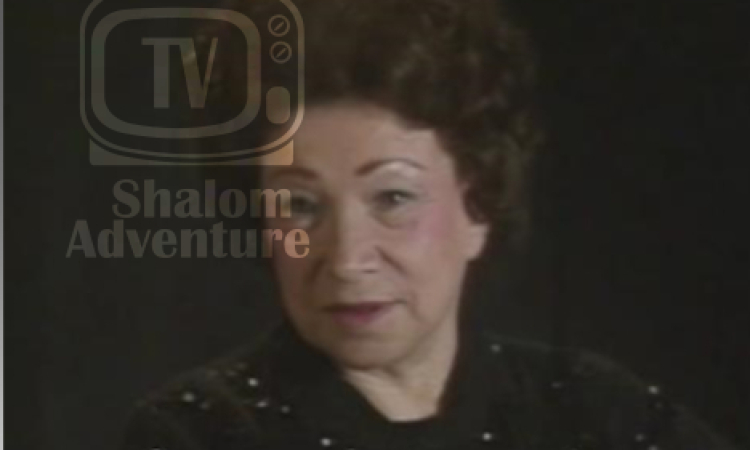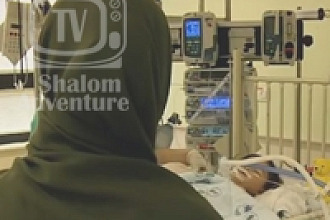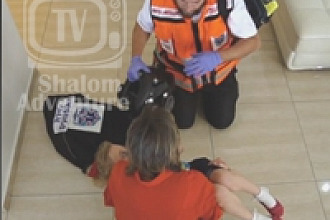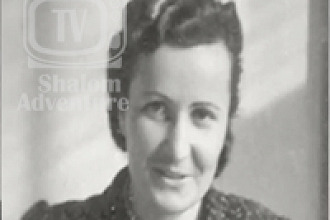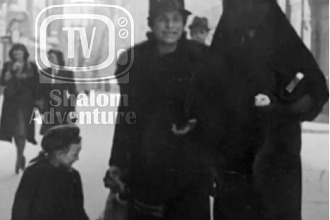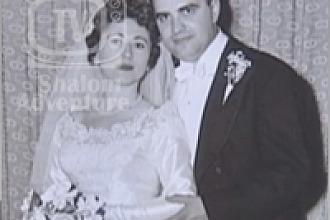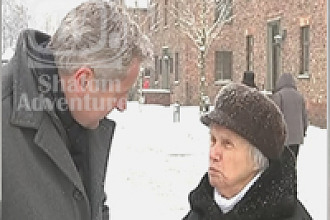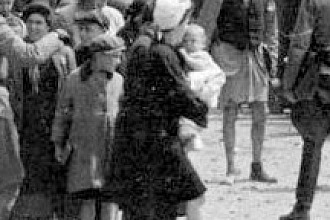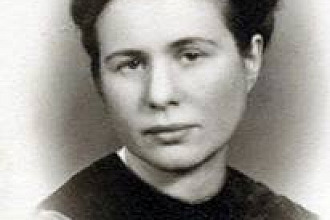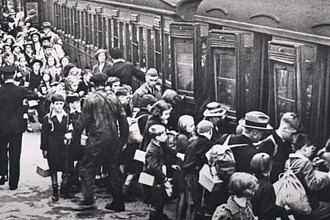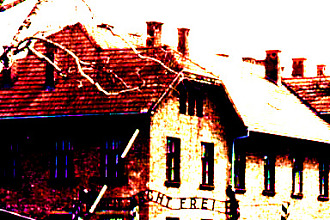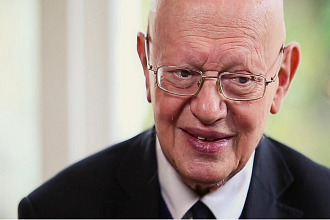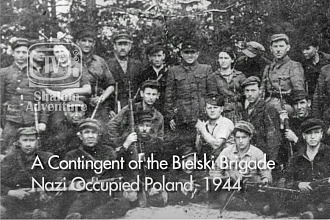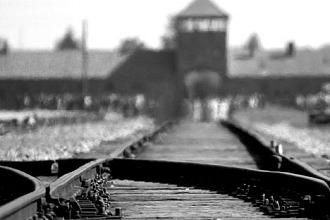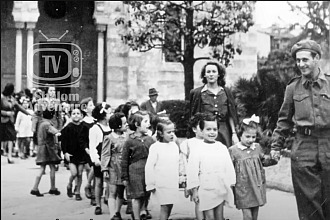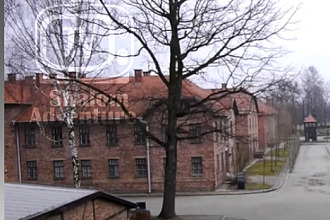Surviving Auschwitz is always amazing enough even without being directly involved in attacking a German guard such as Guta did. Yet she lived to tell the story to future generations. You can hear some about it from her granddaughter in this video:
Guta was raised in a Jewish family in the city of Lodz, Poland in the early 1920s where she attended a private school in her early child hood years. Her father owned a textile company which produced uniforms for the Polish army fighting the Nazis.
“On September 1, 1939, not long after I began secondary school, the Germans invaded Poland,” Guta said in an interview. “Polish soldiers moved quickly through Lodz to defend the border, but a few days later, after being beaten, they came streaming back through the city. We made sandwiches for them as they retreated toward the USSR. When the Germans entered Lodz on September 8, 1939, my family fled to the nearby town of Wierzbnik-Starachowice.”
“The Germans set up a ghetto in Wierzbnik,” Guta continued. “I worked in labor camps until 1944, when I was deported to Majowka. Before we entered the camp, a Ukrainian guard stood us before two long pits. "You have one minute to say your prayers. Then you'll be shot." I jumped on his back, trying to strangle him, but we separated when we fell to the ground. Enraged, the Ukrainian shot me. His bullet only grazed my skull. I bled profusely so I feigned death. The guards beat me to make sure. Only a Soviet bombing raid saved me.”
Once the Soviet air raid had passed, Guta went and hid under the barracks to save herself from further beatings and potential death. Having miraculously survived the ordeal, Guta was eventually deported to Auschwitz then again to Ravensbruck before being liberated by the Swedish Red Cross in 1945.
Written by Erin Parfet

